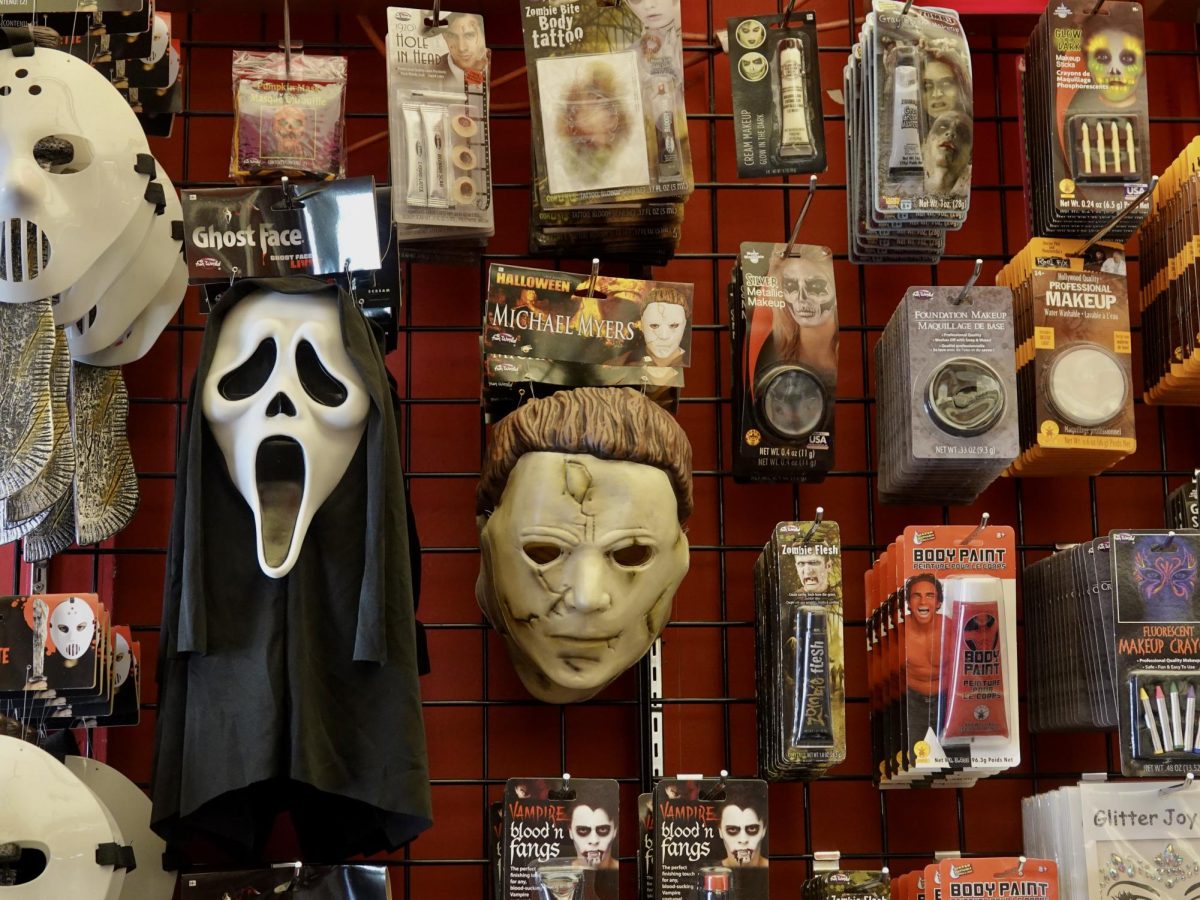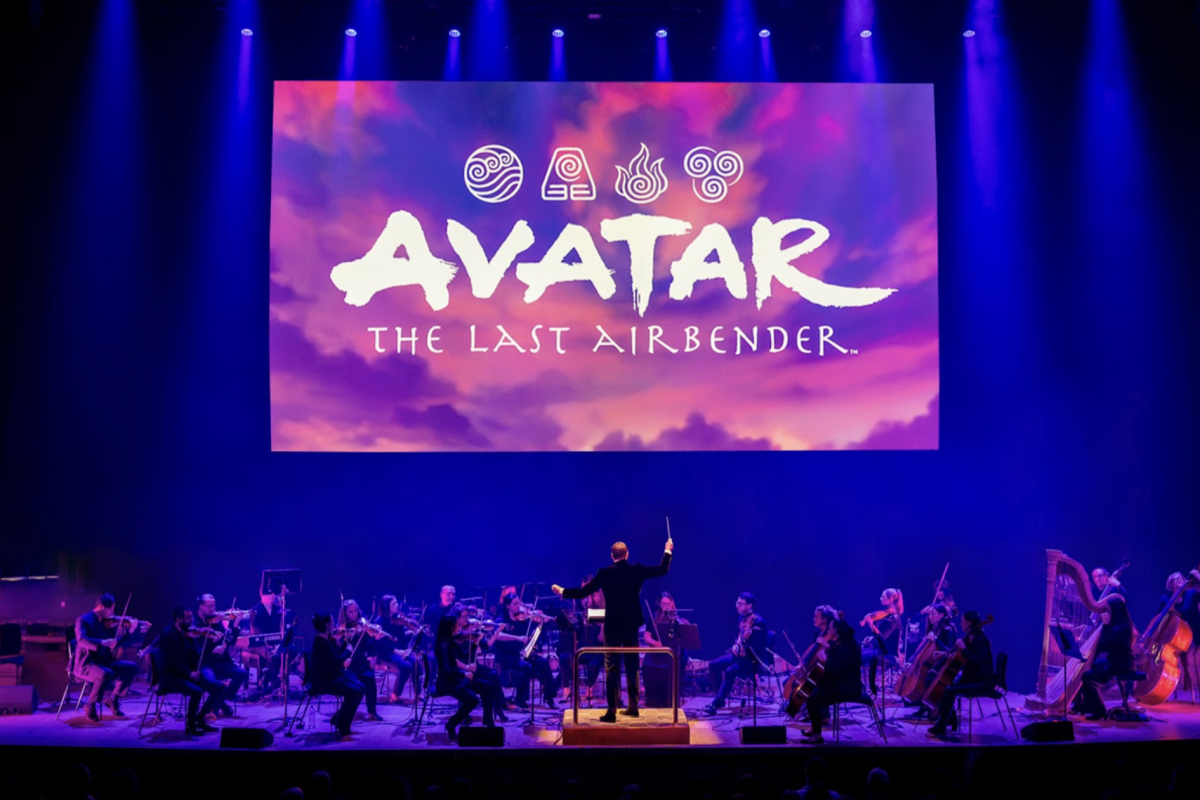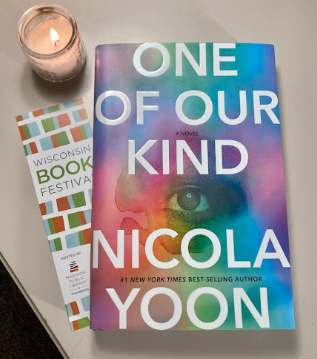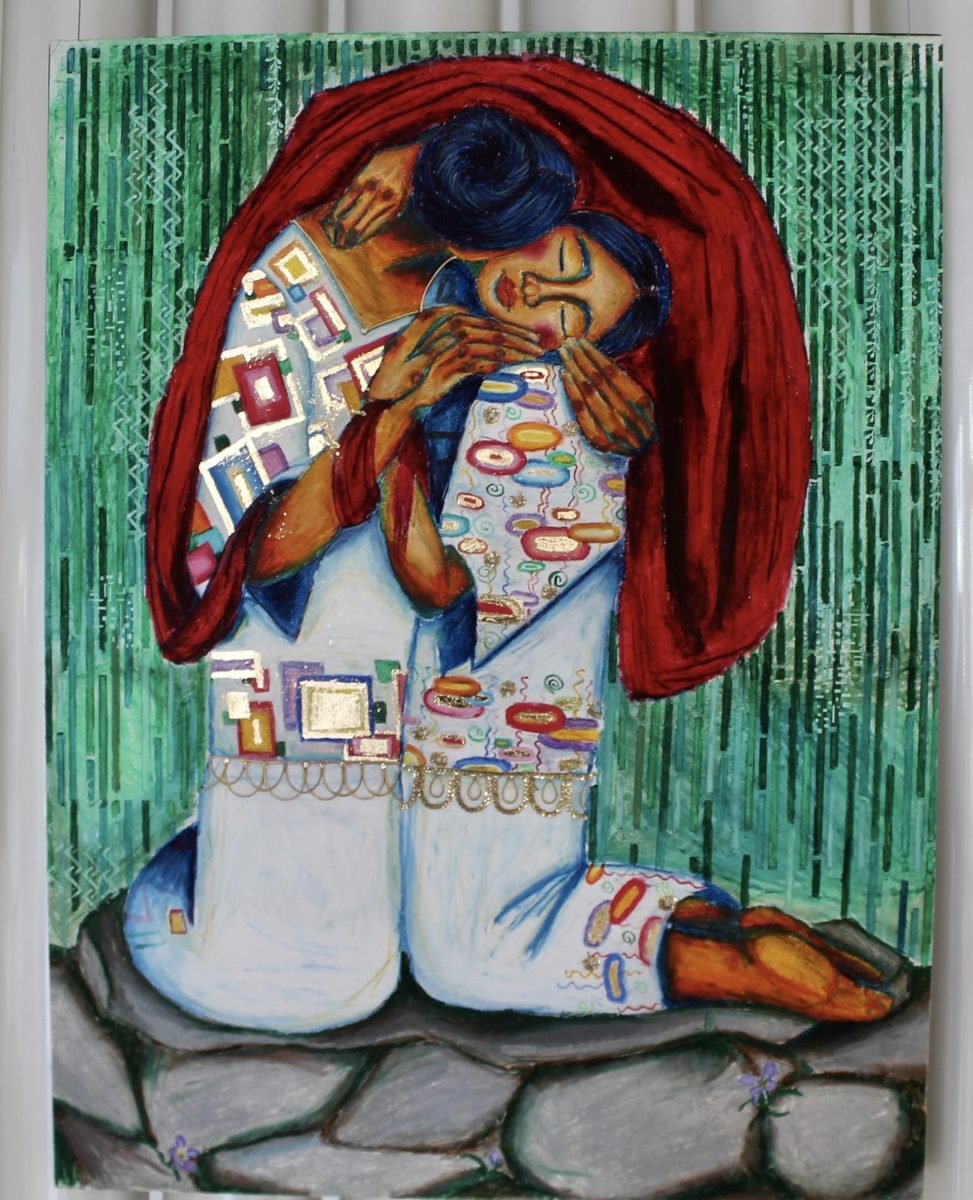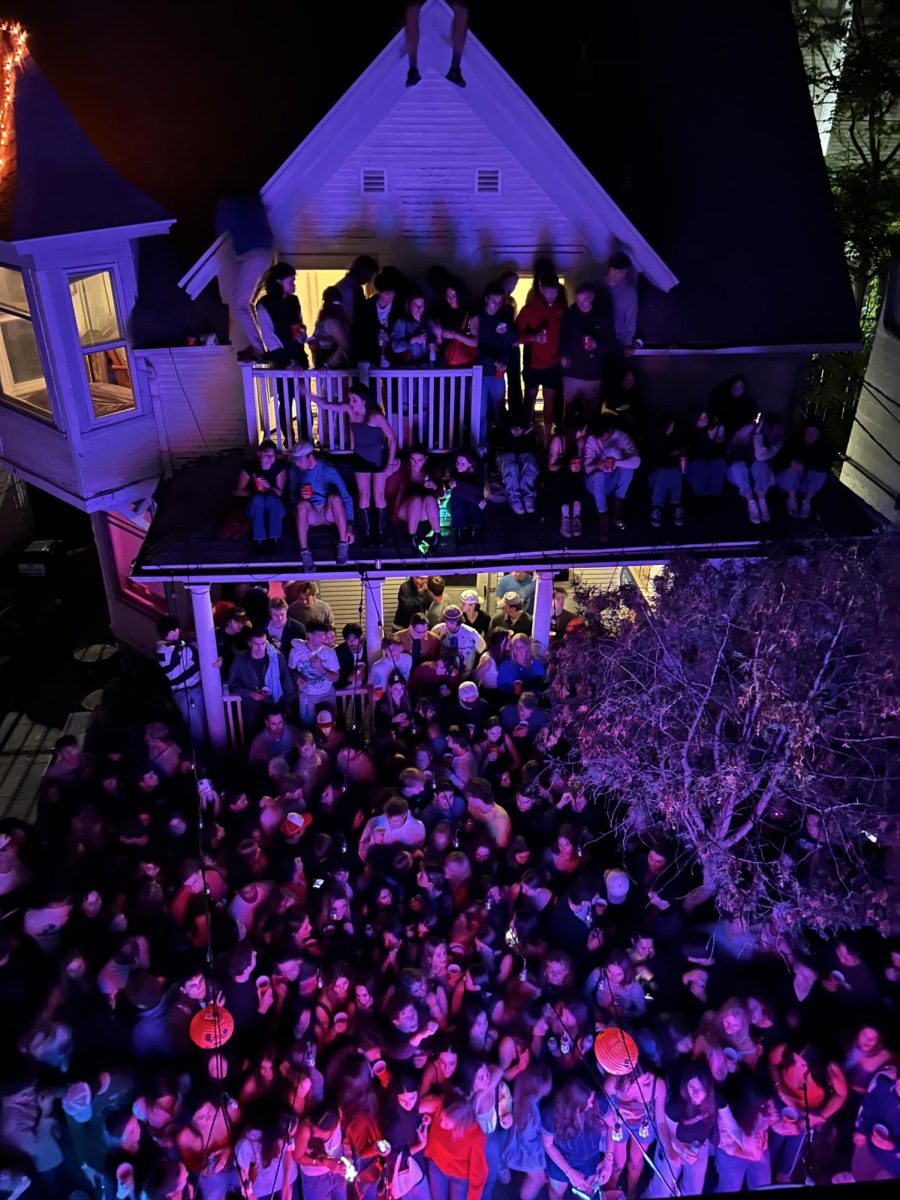Watching the Salt Lake Olympics has made me realize how much I am not a champion. Early-morning practice? Forget it. Bumps and bruisers? I’ll pass.
Yet the coverage has made me appreciate the niche we all have in life, a niche we should all be proud of. Bode Miller is an alpine skier. Jaime Sale is a figure skater. Me? I’m an entertainment journalist.
We are a rare breed — easily spotted even early in life. On the playground, while future athletes ran the track and future brokers traded baseball cards and cigarettes by the door, we discussed the finer points of “Goonies.” We reenacted our favorite scenes from “Indiana Jones” on the jungle gym. We trade our favorite lines from “Ghostbusters” and “Braveheart” while future playwrights rehearse their own. We critique the music while others create it.
It’s not glamorous. We drive across state borders to cover rock shows only to arrive home at dawn and get up for 8:50 classes, nursing headaches and hearing loss.
It’s not life altering. No one will live or die if I write a bad review of Mariah Carey’s new album — except for maybe Mariah. And I will not find a cure for cancer at the Ultrascreen. World peace will not be achieved through my stereo and laptop.
Sure, other journalism can be seen as more valiant — unless made into an “NBC Monday Night Movie” starring Scott Baio, there’s no way we would fully understand the Enron mess, let alone report on it. But then again, we’d get caught up in camera movement and performance, ignoring morals and ethics.
We don’t have to scour the streets for tips or hunt down sources. No, they openly wine and dine us at junkets, shower us with free CDs and movie passes.
And unlike the brave Daniel Pearl, the chances of Arnold jumping out from the movie screen and taking us to a hidden location demanding a ransom and a positive review of “Collateral Damage” isn’t too likely. Although this may explain how it got a thumbs up — has anyone seen Ebert lately?
We may indulge in fantasies of our field becoming more noble and heroic. Last fall, I admit, I practiced my Pulitzer acceptance speech for my coverage of the Harry Potter craze. The speech was to be supplemented with footage of me on the street in a yellow slicker holding onto a lamppost as a storm of angry children nearly runs me over. “This is Anna Roberts reporting live: Potter Mania, day 67.”
Laurin Sydney is our Dan Rather — the one we trust, the one we go to when we need answers. Jules Asner is our Geraldo Riveria — the one we know we could do better than if only given the chance. Variety, Rolling Stone, imdb.com — our Bibles. Travers, Bangs, Grimes — our apostles.
It’s not a completely selfless act, this entertainment writing. We write to inform, yes, but we write for ourselves and for other journalists like us. The personal release and challenge is matched by the natural high we get when we “scoop” our competition.
Like Olympians, we write to prove our worth among one another. We strive to find the hook, the clever angle, the hidden track or disguised cameo. It is the secret inside the goosebumps we get when we recognize the Ferris Bueller homage in a second-rate comedy or the sampled beat from an old Puff Daddy song when the other guy didn’t have a clue.
But perhaps, at the same time, we do a service. Like Olympians, who may have their own interests first but who simultaneously entertain and inspire, entertainment journalists have a duty to tell you, mixed in with their own self-serving prose, where to waste your time and money.
Consumerism is a given; we provide the guidance — sherpas in the Himalayas of spending. Noble or not, it’s a necessity and maybe even medal worthy. If flying down an icy tube on your tummy can earn gold, then surely telling the public Kevin Costner is a hack and City High has no talent deserves nothing short of silver.


